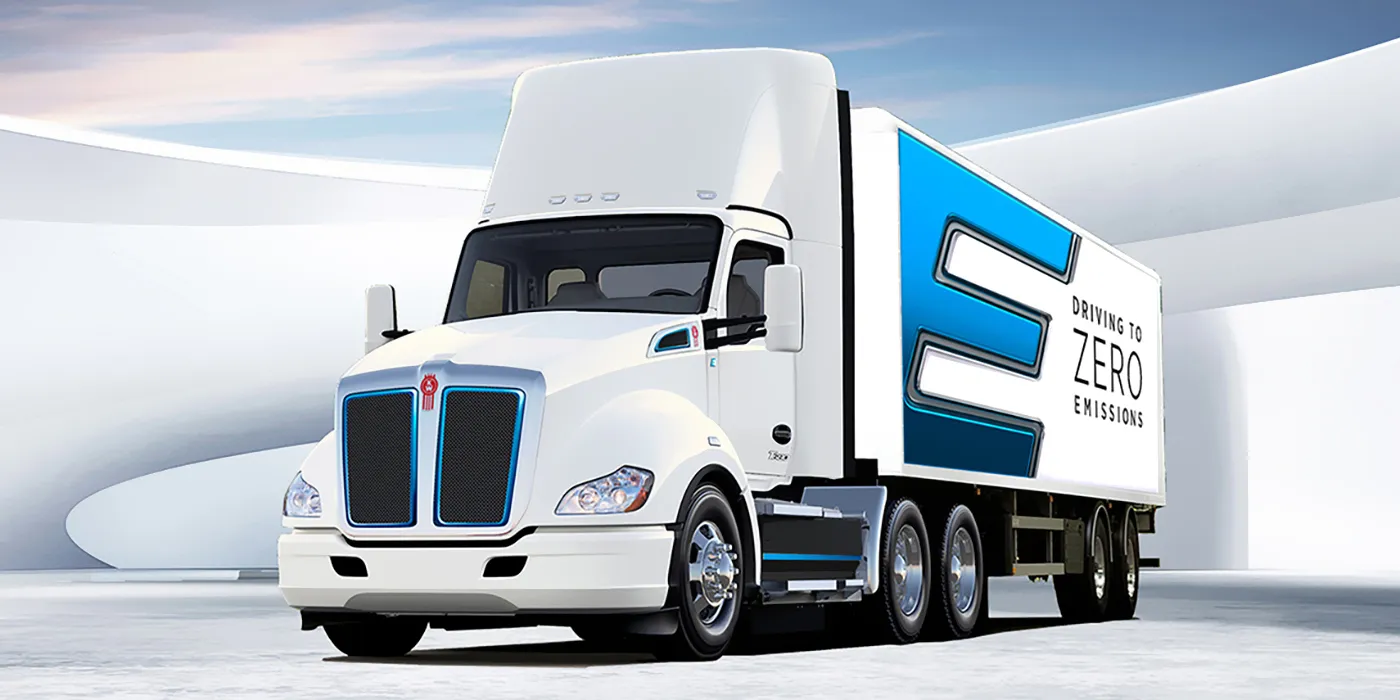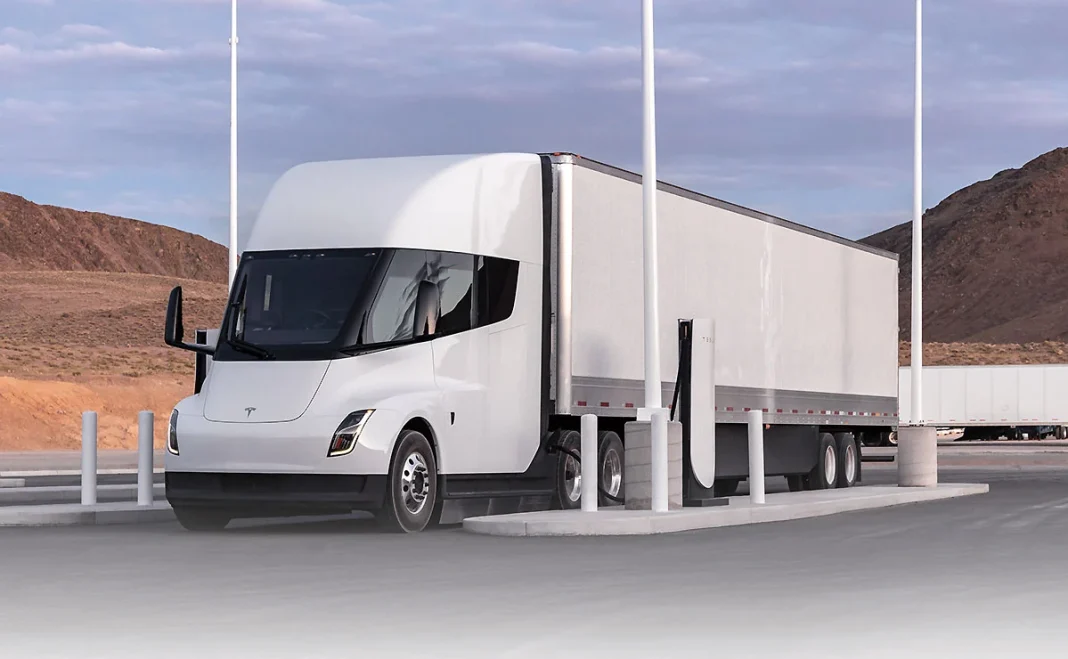By: Michael Howe
With public and political pressure to reduce carbon emissions, and even some more extreme proposals to ban the use of oil and gas altogether in transportation, the trucking industry is being forced to look at converting to electric fleets. There are many questions as to whether or not this is even feasible in the near term, let alone the long term. Even if it’s not though, laws and regulations might force the hand of trucking to find a way to convert as many trucks as possible to electric in the coming years.
While there may be some benefits to converting to an electric fleet of trucks, the challenges are quite significant. In fact, the three main challenges are daunting at best:
Costs: Right now, the cost of an electric truck is almost 3 times that of a diesel truck. This means for the truck to be profitable, well, that’s just not an easy equation.
Range: The typical diesel truck can travel approximately 2000 miles from full to empty. The current electric trucks can travel about 500 miles before a recharge is required. Those mileage estimates are in the ideal conditions too – if weather is severe the mileage of each, but predominately the electric, is lessened.
Charging Infrastructure: Currently, the vast majority of charging stations are for passenger vehicles only. For electric trucks to have any real chance of being effective beyond localized areas a massive investment will be required, and it’s unlikely a private company will step up to invest in an unproven system. Government will need to do so. And, with so many trucks crossing the borders, there will need to be international cooperation and commitment to electric trucks.

There are potential immediate benefits for shifting to an electric truck fleet though, and the primary benefit is environmental. Interestingly, there have been significant advancements in emission control over the past 20 years already – in fact, it would take 70 of today’s trucks to produce the same emissions as one truck from about 20 years ago. Nonetheless, the industry still must acknowledge diesel trucks have higher emissions than an electric truck.
One other item that is noteworthy is that electric trucks and vehicles do not result in zero carbon footprint. According to a January 24, 2024, US News and World Report story citing a study by the Massachusetts Institute of Technology (MIT), the creation of just one batter pack for an electric sedan can produce between 2.5 and 16 metric tons of CO2. And that does not even include production of all other aspects of the vehicle – and a truck is much larger. The argument for why electric vehicles are better for the environment is that though the initial carbon footprint is significantly larger, over time as it is driven the impact lessens. Much of that makes for quite the political discussion.
With all that being said, the question of how easy is it for a fleet to go electric? Most would argue it’s not feasible right now due to infrastructure, cost, and lack of proven technology. Perhaps the best approach if a fleet is interested is to ease into the realm of electric trucking, unless of course politics gives a push and there is no choice.


